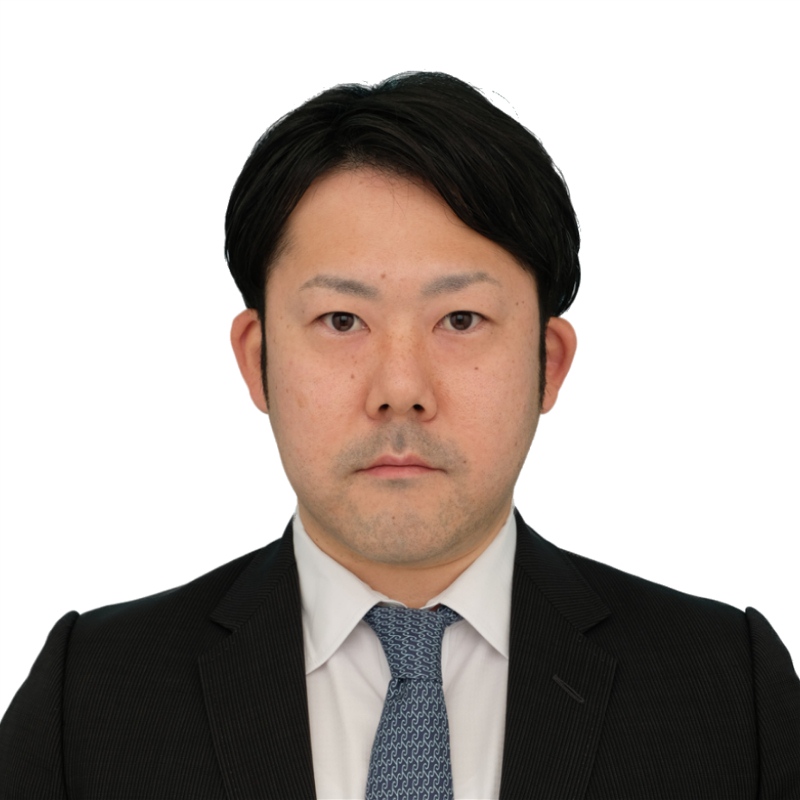
Postdoctoral Scholar
Division of Abdominal Transplantation, Department of Surgery
Stanford University School of Medicine
Dr. Tetsuya Tajima completed his 6-year surgery residency and joined the Division of Hepato-Biliary-Pancreatic Surgery and Transplantation at Kyoto University, Japan as a surgical instructor in 2016. The division started a liver transplantation program in 1990, and to date, it has performed more than 1,900 living-donor liver transplants, more than any other institution in Japan. Dr. Tajima has been involved in both basic and clinical research in liver transplantation. In 2021, Dr. Tajima obtained his Ph.D. and in 2022 an M.P.H. at Kyoto University, respectively.
Dr. Tajima joined Krams and Martinez Labs (Transplant Immunology Labs), at Stanford, as a Postdoctoral Scholar in April 2022 and was awarded an internal Transplant and Tissue Engineering Center of Excellence Fellowship (stipend support) for his studies examining refractory rejection after liver transplant in an experimental model. In addition, Dr. Tajima is working on the DoD-funded project where he is using high-dimensional mass cytometry (CyTOF) to discern the functional significance of specific myeloid and T cell populations during rejection in a mouse model of vascularized composite allotransplantation (VCA). Besides, Dr. Tajima is conducting clinical research on Epstein-Barr virus (EBV)-associated post-transplant lymphoproliferative disorders (PTLD) and the impact of induction therapy on rejection in pediatric transplantation using data from a prospective multicenter study in the United States, which was supported by a grant from the National Institutes of Health. Dr. Tajima was the recipient of the Japan Society for Transplantation Award 2022 for his clinical research achievements.